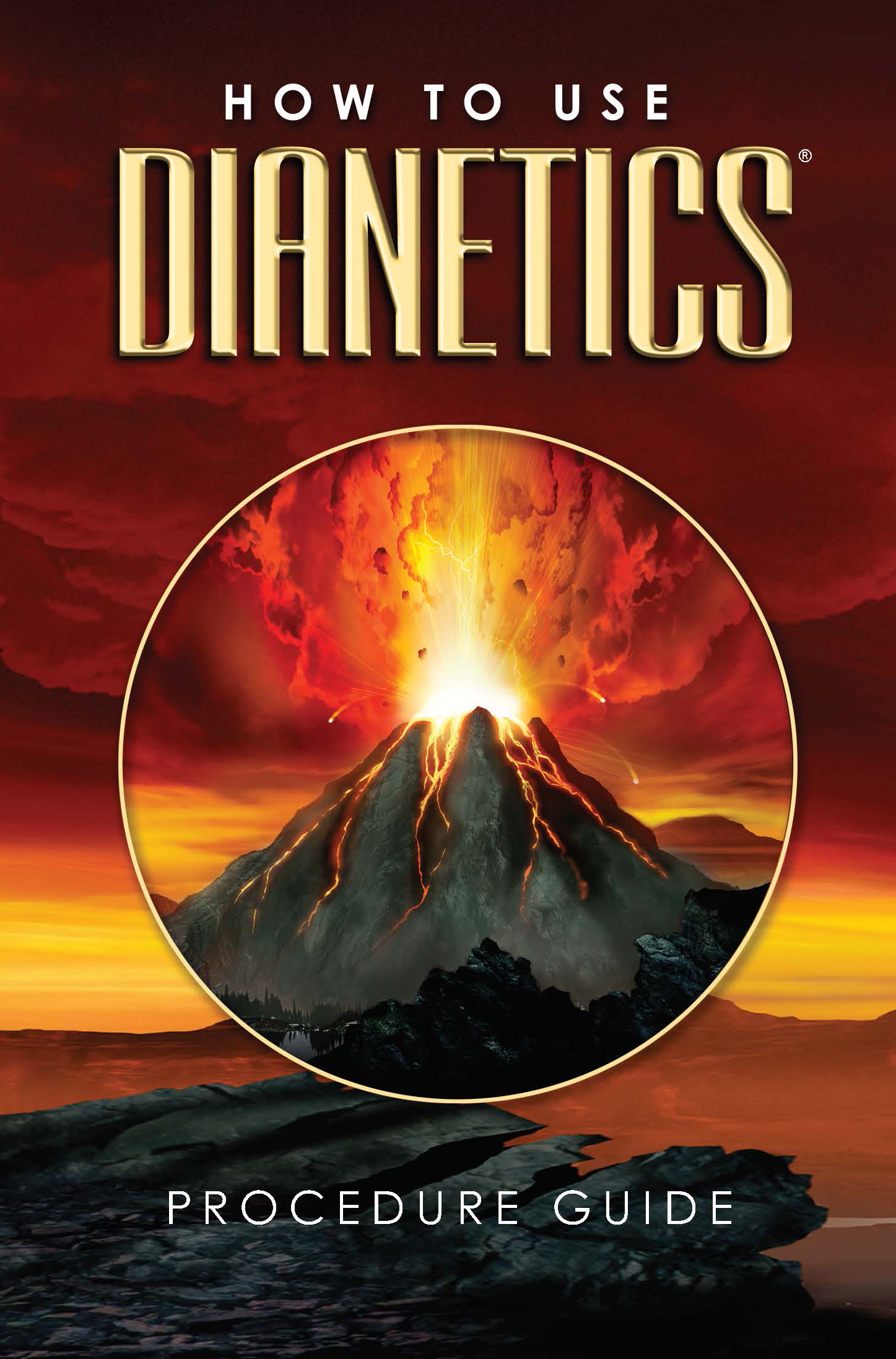The 15-Second Trick For Dianetics
The 15-Second Trick For Dianetics
Blog Article
The Best Strategy To Use For Dianetics
Table of ContentsExamine This Report about DianeticsSome Of DianeticsThe 20-Second Trick For DianeticsWhat Does Dianetics Do?
I could not ever not wish to receive anything that enters your mind for you- if it was otherwise, I wouldn't be resting right here with you, doing this. I not just might never ever have a trouble, or not intend to listen to something that enters your mind for you, but I'm totally anxious to know every concept, every idea, every photo or sensation that emerges or shows up for you- don't ever think or else, and if somehow you do, please simply allow me recognize! Occasionally, you may have an idea, and photo, concept or occurrence pop up that does not seem to respond to the question, or connect to it, however nonetheless, constantly do tell me regarding it, and as we proceed, the importance will emerge for you.This is intrinsic in the basis of handling, and the topic of this discussion: the standard duties of the counselor and the customer: The standard duty of the therapist is, unlike "standard training", not to control, which means to enforce and/or prevent, however to instead function from the basis of EMPOWERING THE CLIENT.

Dianetics - Questions
John Mcmasters expressed this fundamental fact incredibly well in among his talks on Power processing, wherein he explains just how he was asked what this "special knack" was that he had for giving such excellent sessions; he had to think of that for a moment, and detected that it was what he wasn't doing, along with what he was doing: he wasn't examining, evaluating, computing, or actually, producing any kind of ideas, not to mention spoken expressions, after offering the command and while waiting for the computer to complete their response to their contentment; he was, just and just, existing with the computer, and entirely interested.
The duty of the therapist, demonstrated; that was his "special flair". I have actually had my very own experience which educated me this well, extremely early in the video game. In 1982, having actually just recently finished my training and internship on New Age Dianetics, I was running this on a PC, and there was a point in the session where (being a bit wet behind the ears not yet having several hours under my belt as a professional auditor) the PC seemed to be "taking also lengthy" to reveal anything verbally after I offered him a command.
This key became the most important contribution that John ever before made to the subject of therapy or bookkeeping (Dianetics). In my humble opinion, it is the best contribution that any individual has ever before made to these subjectsthe application is totally non-judgemental, non-evaluative, and without any kind of idea, guidance or opinion.no preconceived program for individuals, or 'levels' that they must do
In Scientology we prided ourselves on not evaluating for individuals. All that really indicated was that the auditor did not Vocally evaluate for the PC in session.
The Best Guide To Dianetics

Anyone that had ever before seen John audit could not assist however see a distinct high quality in his auditing."The client's fundamental role is to be there with the purpose of moving in the instructions of their spiritual objectives, and to easily and fully reveal and experience whatever manifests for them in addressing the concerns and implementing the directions in the handling.
This is something to procedure as required. Additionally, people often have prior experience and/or brainwashing in auditing/processing which, in some ways, and to some levels, actually misleads them into perspectives, concepts and behavior patterns that prevent the complete realization of these duties, and so they will certainly often tend to hinder the expressing of what comes YOURURL.com to mind, as in the examples offered above - Dianetics. * The first, and perhaps foremost instances of mis-indoctrination leading to much less than totally smooth and reliable sessions, can be located in specific elements of the training regimens, or "TR's":"TR's" are frequently an individual's initial, or a minimum of early, experience in Scientology, and while I will certainly take place to clarify what I view as the problems in concept and technique, nonetheless, often tend to be considerably healing, done as they are given (Hubbard firmly insists that "TR's are not refining, they are educating", however factually, they are both handling AND training)
Alan Walter made similar observations, and enhanced on these moved here with his "Existence Processes". There is no "flunking", and no rejection of the reality of this being handling. The focus, as it should be, is on experiencing the other person's visibility. All the indications which obtain a "flunk" in doing "TR-0" are just the being's initiatives to resist the various other person's presence, and as opposed to being pestered and nagged with "Flunk", which enforces "failure!" on the being, one simply needs to be encouraged to "stick their feet in the water a little much deeper", to significantly rehabilitate their click for more capability and willingness to completely share and experience "being right here", or "existence", with others.
All about Dianetics

Report this page